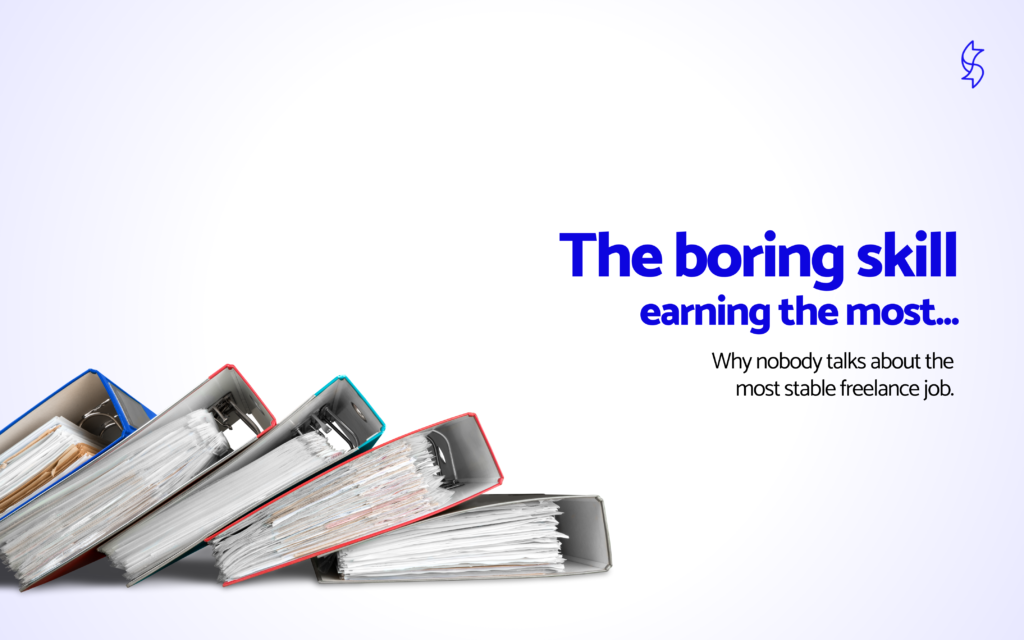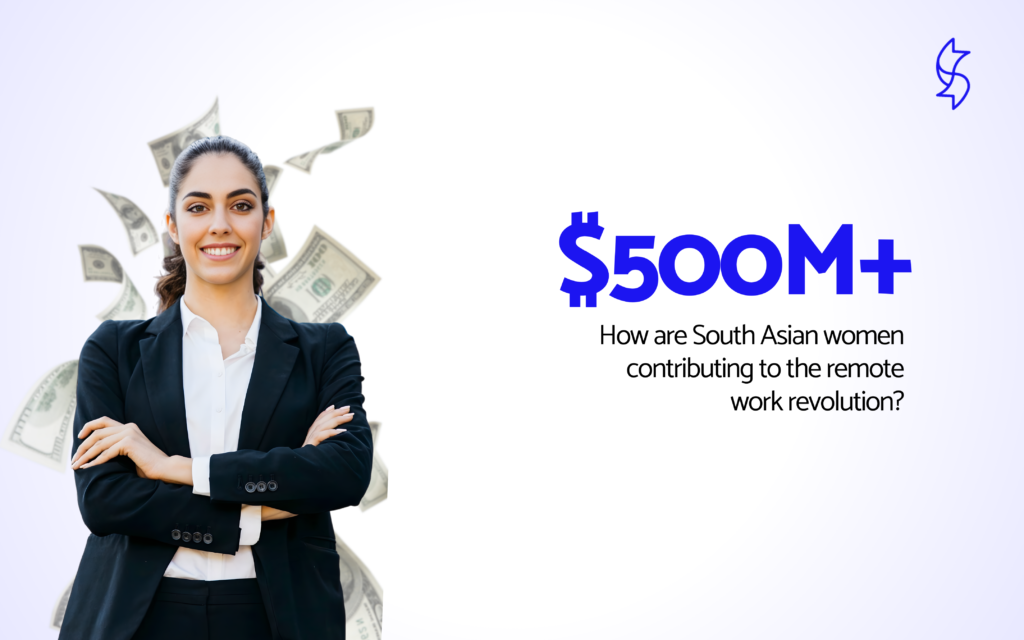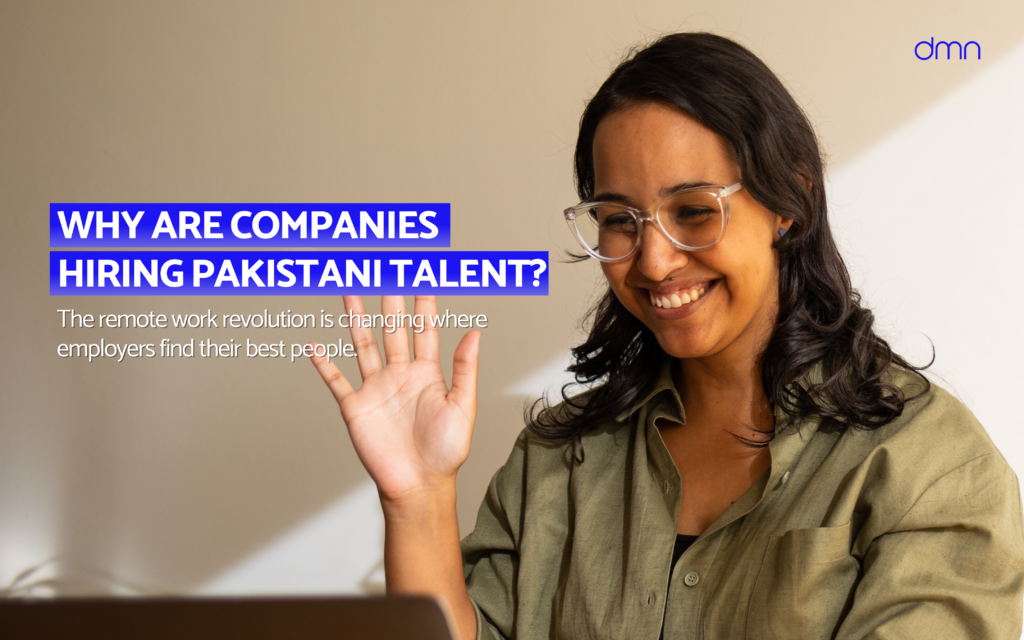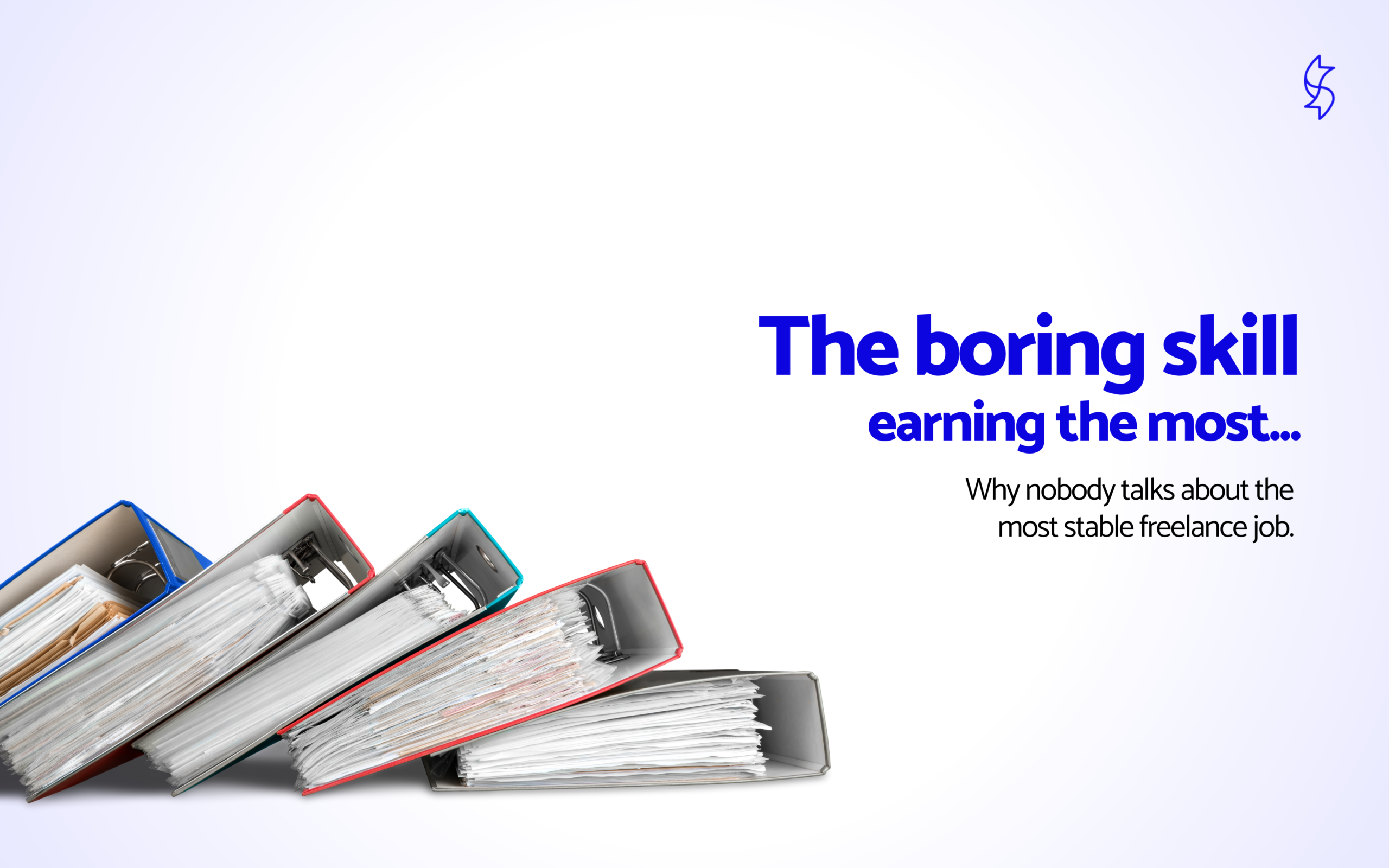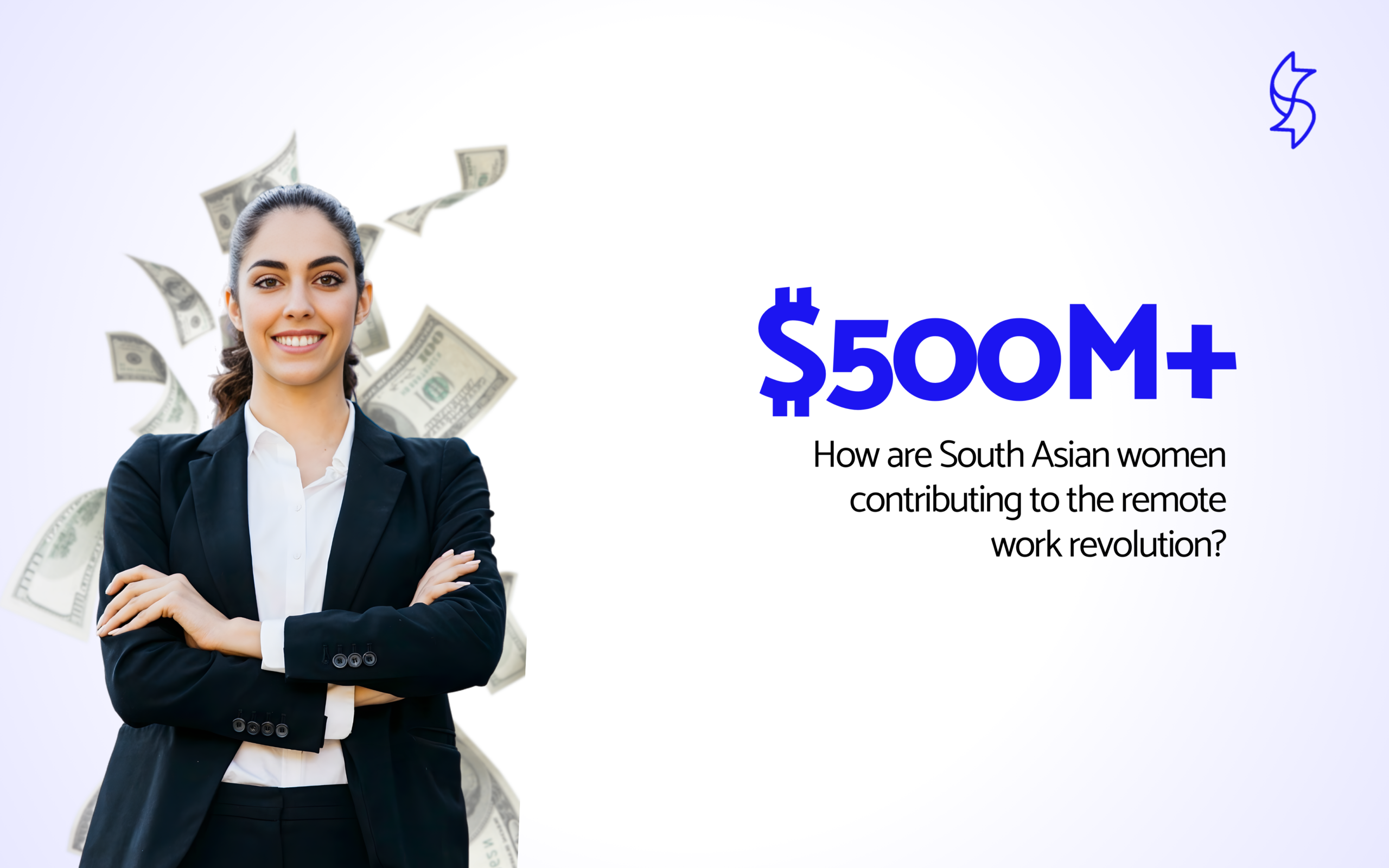With an emphasis on altering the country’s economic course, Pakistani women have become increasingly influential in the political scene of their country in recent times. Overcoming customary obstacles, women have taken an active role in a variety of professions, including politics, the media, the arts, and more. In addition to dispelling myths, their combined efforts are making a major contribution to the development of a society that is more progressive and inclusive.
Politics and Women:
Among the most obvious changes has been the rise in the number of women in Pakistani politics. A record number of women ran for office in Pakistan’s 2018 general elections, and many of them were successful in winning seats in both the national and provincial assemblies. Women can now actively influence policy decisions by supporting programmes that alleviate economic inequality and advance women’s empowerment thanks to the increase in their political representation.
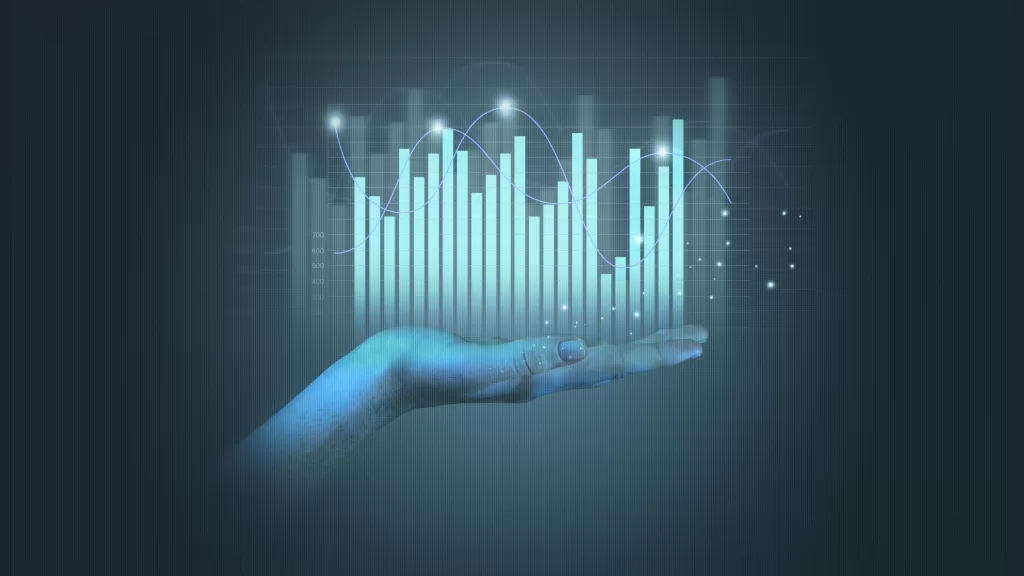
The Media as a Tool for Empowerment:
The media’s representation of women has been crucial in influencing public opinion and upending social conventions. Using their platforms, journalists, anchors, and content producers have been bringing attention to economic topics such as gender inequality in the workplace and the significance of women’s financial independence. Media sources have also offered a forum for conversations about economic policies and how they affect various societal groups.
Creative Expression and Social Transformation:
Women have found that art is a strong medium for sharing their thoughts and experiences on a range of societal concerns, including the state of the economy. Whether they are authors, singers, or visual artists, Pakistani women artists have been using their artistic expression to fight for change and bring attention to gender-based economic inequality. By means of performances, books, and exhibitions, these artists are stimulating conversation and questioning deeply held assumptions that impede economic advancement.
Enterprise Development and Financial Empowerment:
Pakistan’s economic landscape is being significantly shaped by women entrepreneurs. Women-led firms, from software startups to social enterprises, are becoming more and more prevalent in the startup scene. In addition to fostering economic expansion, these women are breaking down barriers to employment and upending conventional gender norms in the business sector.
Initiatives for Education:
Women in Pakistan are actively involved in educational activities to empower themselves and others, and education has been a major force for development in the country. Women are attempting to close the gender gap in education and guarantee that more women have access to high-quality education through campaigning and hands-on involvement. This in turn helps to create a workforce that is more capable and empowered, which benefits the economy as a whole.

Opportunities and Difficulties:
Even with the advancements, problems still exist. Women’s full participation in economic activities is nevertheless hampered by institutional impediments, unequal access to resources, and deeply ingrained cultural norms. Nonetheless, the increasing pace of women’s participation in a variety of fields points to a change in public perceptions and a growing understanding of the role that gender equality plays in promoting economic growth.
The current upsurge in Pakistani women’s participation in politics, the media, the arts, and entrepreneurship is indicative of a vibrant and revolutionary time for the country. Women are breaking down barriers and promoting inclusivity and economic vibrancy in Pakistan by actively engaging in a variety of fields. These women are paving the path for a more promising and just future for the entire country as they persist in shattering stereotypes.


